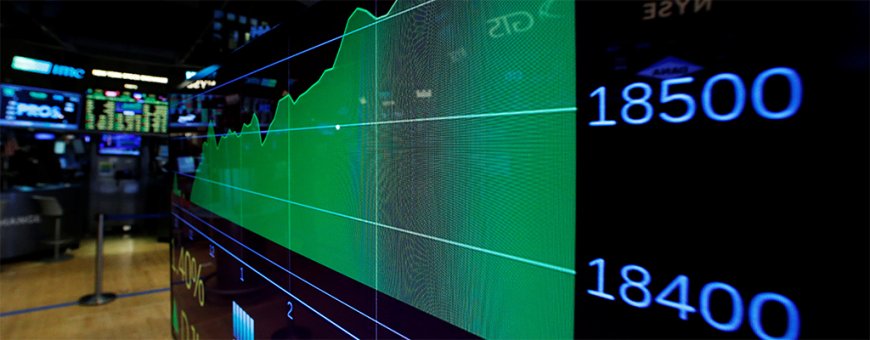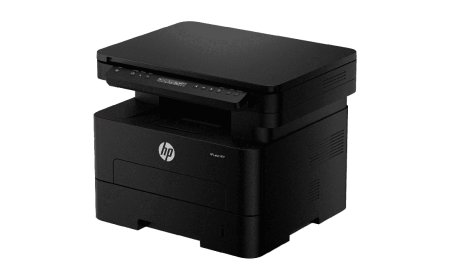Beware: These Stocks are Cheap for a Reason

When a stock appears like a safe investment for orphans and grandparents, investors should exercise caution. Before it cut its dividend, BCE (BCE) offered a dividend that yielded over 10%. That yield turned out to be too good to be true.
In its last quarterly report, BCE slashed its dividend by 56% to a more sustainable 5.9% yield. The company lowered its equity commitment to its Ziply Fiber acquisition by finding a co-investor. These actions helped BCE stock stabilize somewhat.
BCE still faces anemic performance. In Q1, revenue fell by 1.3%. The pending acquisition of Ziply will expose BCE to the increasingly harsher U.S. environment. Tax change rules could increase operating costs and decrease returns for shareholders. For example, Section 889 would add taxes to dividends from U.S.-based firms.
In the U.S., Proctor & Gamble (PG) may underperform from here. Although investors view the company as a consumer staples leader, risks are rising. The firm sells goods that have an inelastic demand for household goods. However, persistent inflation and rising prices due to tariffs will hurt disposable income. P&G’s customers may need to cut back on buying its goods, too.
In the debt market, U.S. treasury bills are growing increasingly risky. Spreads in CDS, or credit default swaps, are rising. Investors are growing increasingly wary of giving the U.S. reserve currency status. In addition, the bonds are not risk-free from a default.














































